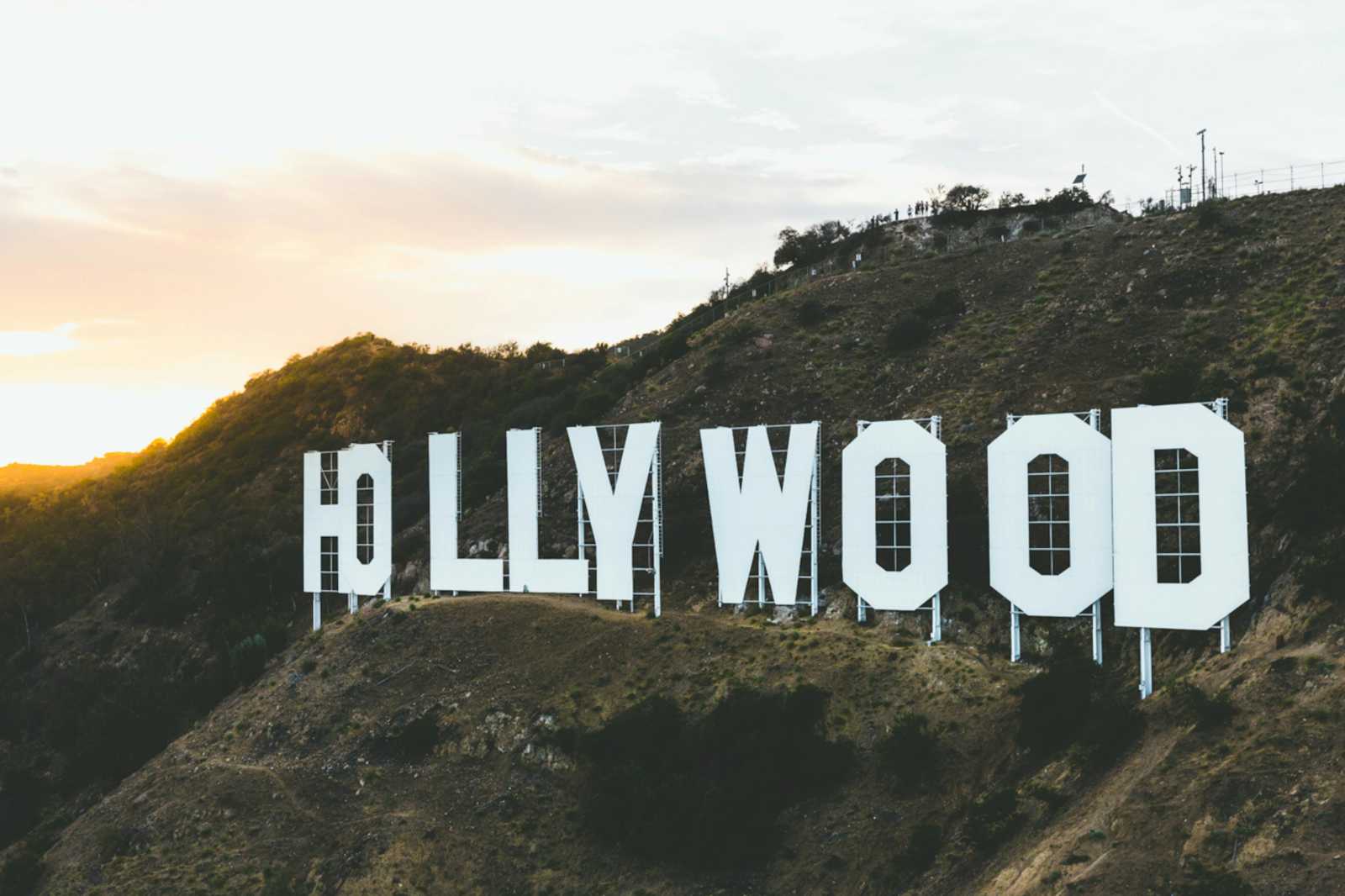New AI Laws in California: 8 Illegal Practices You Should Know
 Nettribe Media
Nettribe Media
California has introduced a series of new laws aimed at regulating the rapidly evolving field of artificial intelligence (AI). These laws are part of a broader initiative to address the potential risks and challenges posed by AI technologies, including deepfakes, generative AI, and the misuse of digital replicas. The state legislature passed eight AI-related bills, with more under consideration.
One major law (SB 1047) focuses on the development and deployment of AI models, requiring companies to comply with stringent safety protocols and report any AI-related incidents to the California Attorney General. Violations of these provisions can result in significant penalties, especially if they cause harm to people or property.
Another key regulation (AB 2602) addresses the entertainment industry, prohibiting the unauthorized use of AI-generated digital replicas of actors and performers without their consent. This is a direct response to concerns from the Hollywood strikes about AI potentially replacing human labor in creative industries.
Additionally, California now mandates full disclosure for AI-generated political content. AI-created deepfakes or synthetic media used in political ads must be clearly labeled, protecting voters from misleading or deceptive material during elections.
These new laws mark a significant step in AI regulation, ensuring greater transparency and accountability while safeguarding both public safety and workers' rights in an increasingly AI-driven world. However, critics argue that these laws could hinder innovation and place a heavy regulatory burden on tech companies operating in the state.
These laws are part of California’s broader efforts to lead the country in AI governance, particularly as the technology becomes more integrated into everyday life.
Subscribe to my newsletter
Read articles from Nettribe Media directly inside your inbox. Subscribe to the newsletter, and don't miss out.
Written by
